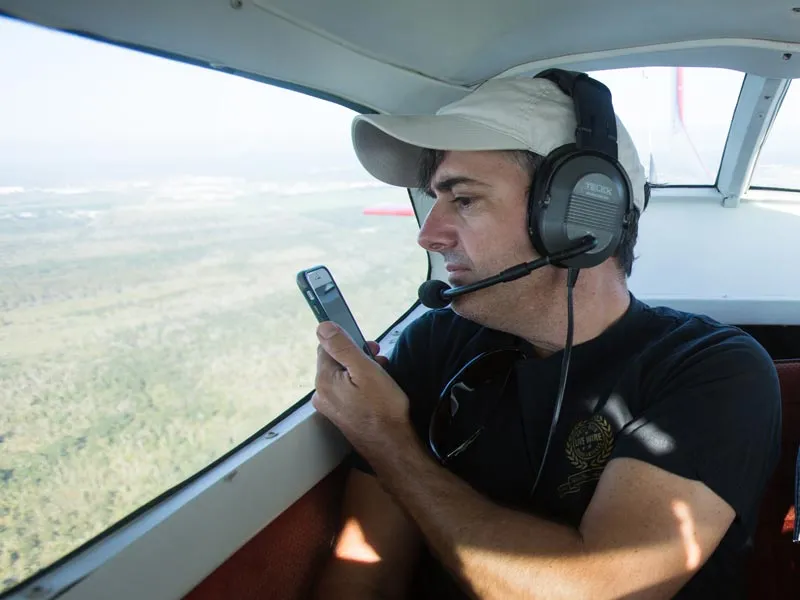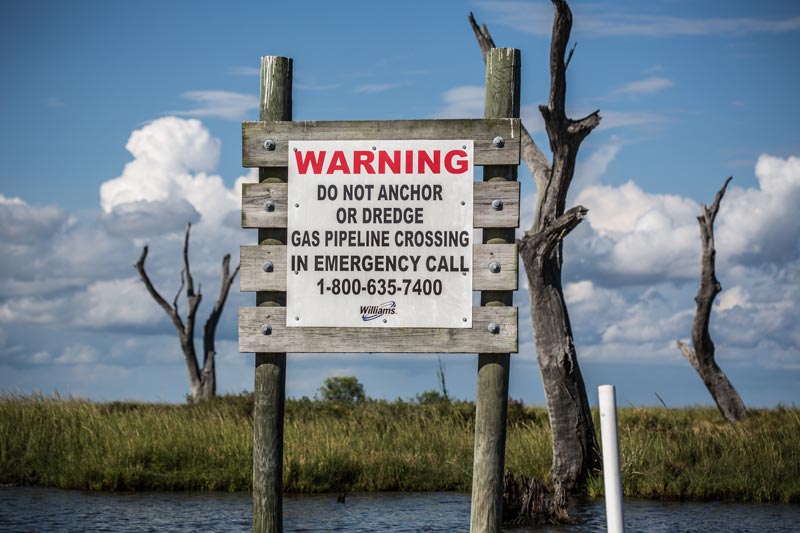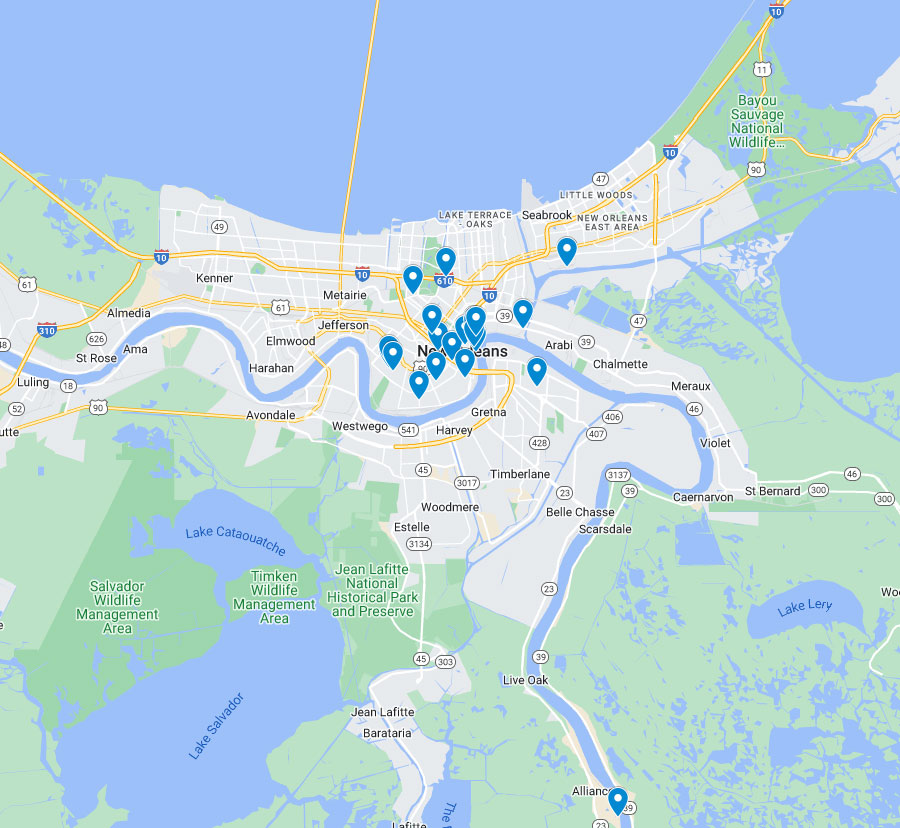
Biography
Ned Randolph is a PhD Candidate in the University of California San Diego Department of Communication. A former journalist and speechwriter for the mayor of New Orleans, Ned researches issues of power, social justice and the environment. His dissertation examines the troubled history of extraction in Louisiana’s coastal delta and how certain practices are naturalized through technical discourses upheld by the state’s political economy. Ned frames the ethical and social implications of maintaining what the state euphemistically calls its “working coast” through restoration projects funded by oil and gas revenues. He is a graduate of Tulane University and the University of California Berkeley Graduate School of Journalism. He also holds a master’s degree in creative writing from Eastern Michigan University, where he taught freshman English.
Research
By the time Hurricane Katrina churned into New Orleans, the surrounding swamps and marshes that buffered the city were long denuded. The storm pushed water into a drained, urban bowl that for all intents and purposes represented a 300-year modern imaginary known as New Orleans. Its survival was predicated on a regime of cultural, political and economic practices to stabilize the Mississippi River, drain swamplands and build a fortified levee system. Within this perennial threat of water, there exists a lesser examined change agent: the ontology of mud. This project is about delta mud the politics of that mud. South Louisiana’s relationship with mud has shifted over time: from unwanted ubiquity to scarcity today. There is not enough mud to replenish the subsiding boundary of south Louisiana. The answer, we are told, lies in capturing sediment from the river, where fishermen, shippers, oystermen, scientists, and community leaders clash over how best to deploy it. These fights track the same trajectory of extractive thinking that caused Katrina and rationalized the infrastructure to produce the Mississippi River and New Orleans. So how might we disrupt that episteme? Let us start by closely examining what we’re really indexing when we talk about mud.



